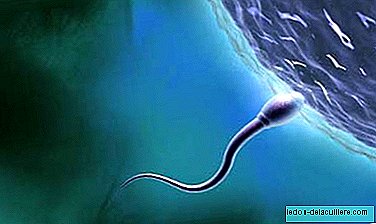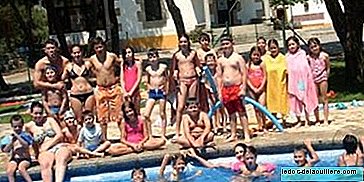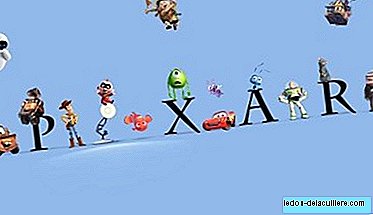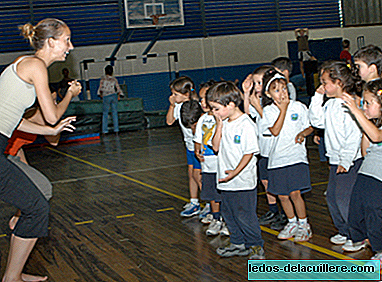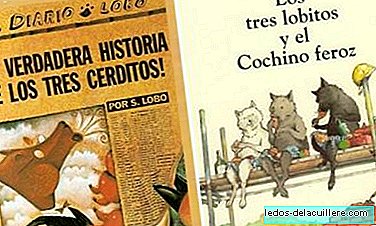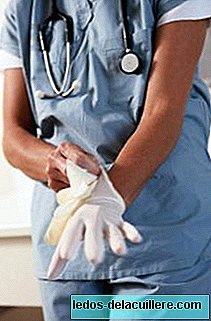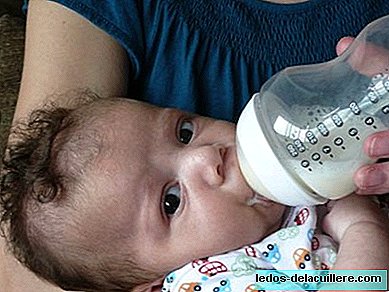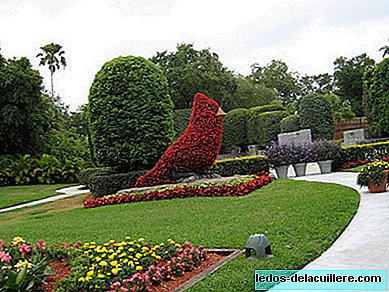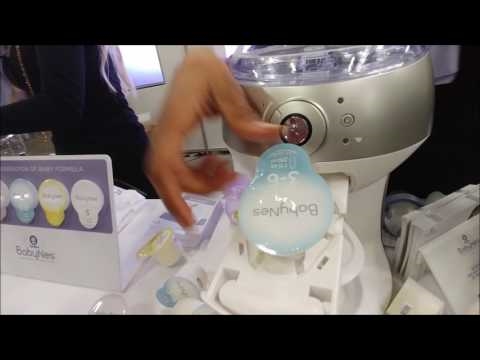A few days ago Lola presented us with one of Nestlé's latest inventions, the so-called Babynes, a Nespresso style machine for preparing formula milk bottles with capsules.
The idea, if we remove the economic issue, is not bad, because it makes in a few seconds we can have a bottle prepared, with the comfort that this means for moms who give formula milk. Let's say that anyone who has a Nespresso machine can say the same thing: nothing cheap comes out, but it's comfortable and fast.
However, when reading the specifications and the temperatures at which the bottles are prepared, I realized (and I was not the only one, because the readers immediately commented on that post) that Today is not a recommended machine for babies. Immediately, an FAO and WHO document that I mentioned a couple of years ago came to mind, explaining that artificial milk is not sterile and that To reduce their possible impact on the health of babies, you have to prepare the bottles at 70ºC.
Infant formulas may contain pathogens such as Salmonella, unlikely, but not impossible as we have seen on some occasions and more often may contain Enterobacter sakazakii, a microorganism that can cause serious infections such as meningitis Y necrotizing enterocolitis, especially in infants at risk.
AdvertisingGiven this situation, the only measure that helps reduce the risk of infection is to prepare the bottles with water at 70 ° C. That is why it is always said that water should be boiled (about 100ºC), let it cool for a while (never more than 30 minutes) so that it reaches the mentioned 70ºC or a little more, make the mixture with the powder and then cool the bottle in the tap or in contact with cold water until you reach the appropriate temperature of consumption.
Doing this the risk of infection by E. sakazakii is 10,000 times lower. However, this action of boiling the water must always be carried out, since if it is done, for example, “only” in 80% of the occasions (if 10 bottles do not heat the water in 2), the risk is only 5 lower times (which is not bad, because it is a fifth of the odds, but nothing compared to the mentioned 10,000 times).
Reading this it is hard to understand that Nestlé has devised a machine that prepares milk at 40ºC. Perhaps it has done so following the premise of immediacy, because at 40 ° C it will immediately be at room temperature. However, when it comes to health, it is not a matter of running fast and running.
Already, but at night there is no time
When babies are hungry they ask for food for now, without waiting, without delay. During the day parents can go more or less anticipating, because children fed with artificial milk usually respond to a more or less constant pattern, eating every 3-4 hours. However, at night the thing usually goes more with the demand, because no one can think of getting up to prepare a bottle “in case you wake up now”, but when you wake up, 3 or 6 hours have passed, you have to go to do what.
That is why at night this machine wins many integers. The sooner the bottle is prepared before you can take it, less cry and before you can fall asleep (The more you cry, the more it costs after you fall asleep again).
If a father or mother is seen in this situation, to avoid buying a machine that allows you to play with the health of babies, you can always prepare a bottle (at the mentioned 70ºC) and Store in the refrigerator at a temperature below 5ºC. In this way, the harmful bacteria for babies begin to proliferate (in the same way that we immediately keep the cow's milk that we use). When necessary, it is removed, heated and ready.
And for asking, does it cost to prepare bottles with this machine?
Tomorrow, in a new entry, we will explain what differences there are for the pocket between preparing bottles with powdered milk and doing it with the BabyNes and its capsules.


